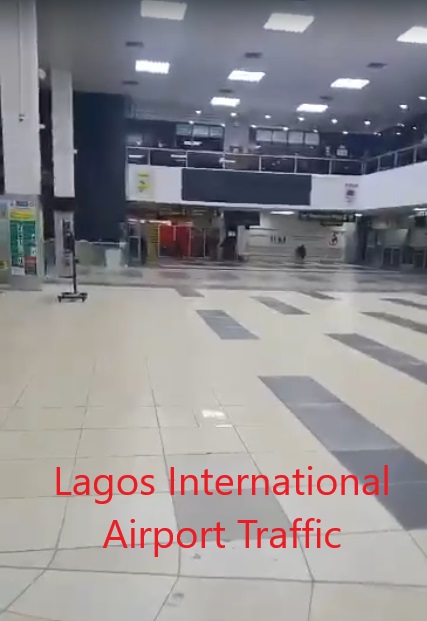
Nigeria has experienced a decline in several economic indicators, especially over recent years, due to various factors like political instability, oil dependence, and inflation. Here are some of the most affected indicators:
- Inflation Rate: Nigeria’s inflation rate has skyrocketed, driven by rising food and fuel prices. As of 2023, it is one of the highest globally, with food inflation particularly severe, reducing the purchasing power of many Nigerians.
- Exchange Rate: The naira has depreciated significantly against the US dollar and other major currencies. This steep decline has worsened due to forex scarcity, impacting imports and increasing inflation.
- Unemployment Rate: Nigeria’s unemployment rate has risen, especially among youth. High levels of underemployment compound this, and many college graduates struggle to find jobs aligned with their skills.
- Poverty Rate: Nigeria now has one of the highest poverty rates in the world. Millions of people live below the poverty line, with limited access to necessities like healthcare, education, and stable income.
- Foreign Direct Investment (FDI): FDI has declined as investors remain wary of the country’s economic volatility, insecurity, and regulatory inconsistencies, which have affected sectors like manufacturing and services.
- Debt-to-GDP Ratio: Nigeria’s public debt has increased, putting a strain on government resources. The cost of servicing debt takes a large share of government revenue, limiting funds available for development projects.
These indicators highlight economic struggles that Nigeria needs to address to achieve stability and growth. In addition Nigeria’s transportation sector, especially air and water transport, has faced significant challenges, impacting economic growth and connectivity:
1. Air TransportationAging Infrastructure: Many airports in Nigeria, including major ones like Murtala Muhammed International Airport in Lagos, suffer from outdated infrastructure, affecting efficiency and safety.High Operational Costs: Airlines face high costs due to rising fuel prices, taxes, and foreign exchange volatility, making it challenging to operate profitably.Limited Domestic and International Connectivity: Despite Nigeria’s large population, domestic routes are limited, and international connectivity has seen disruptions, with some foreign airlines reducing service to Nigeria over currency repatriation issues.Safety and Regulatory Concerns: There are persistent safety concerns due to aging fleets and regulatory enforcement challenges, impacting customer confidence and limiting sector growth.
2. Water TransportationNeglected Ports and Waterways: Key ports, like Apapa and Tin Can Island in Lagos, suffer from congestion and outdated facilities, leading to long delays and increased shipping costs.Inland Waterway Limitations: Nigeria’s vast river system, particularly the Niger and Benue rivers, is underutilized due to insufficient investment in dredging and infrastructure, limiting goods movement and trade within the country.Piracy and Security Issues: The Gulf of Guinea remains one of the world’s most piracy-prone areas, with frequent attacks on vessels, leading to increased security costs and deterring foreign vessels.
Slow Customs Processing: Inefficient customs procedures cause delays in clearing goods, impacting Nigeria’s trade competitiveness and adding to costs for businesses.Modernizing air and water transport infrastructure could ease economic constraints, support trade, and improve connectivity, but it requires significant investment, policy reform and good government.
signed Madmo media




